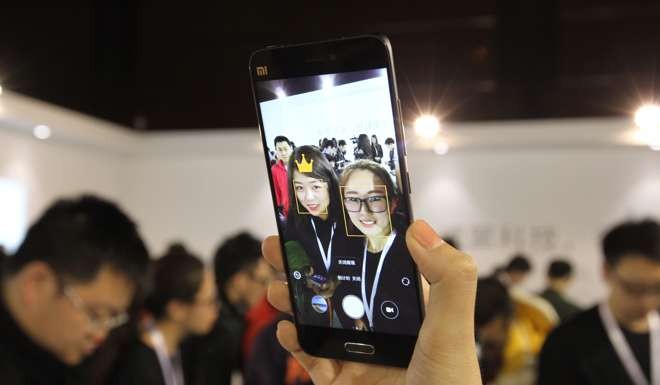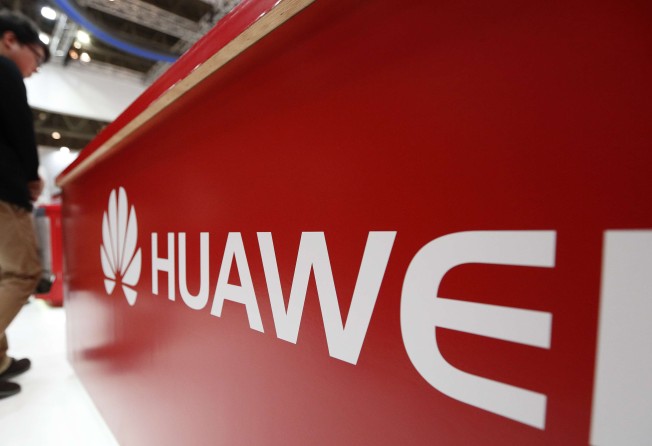
Move over Samsung: Huawei is the most profitable Android smartphone supplier
Apple remains smartphone industry leader in terms of profitability, with a 91 per cent global market share in the third quarter

Huawei Technologies, China’s largest telecommunications equipment manufacturer, has displaced Samsung Electronics to become the second most profitable smartphone supplier in the world in the three months ended September 30, according to research firm Strategy Analytics.
The Shenzhen-based company had a 2.4 per cent share of the global smartphone operating profits in the third quarter, behind US technology giant Apple’s dominant 91 per cent share.
“It also became the world’s most profitable Android smartphone vendor for the first time,” Strategy Analytics executive director Neil Mawston told the South China Morning Post on Wednesday. “We expect Huawei to maintain steady profitability into the first half of 2017, because its smartphone shipments are growing and it is doing a good job of controlling [operating] costs.”
Mawston said Vivo and Oppo Electronics also showed that same momentum, as the two Chinese Android smartphone brands each cornered a 2.2 per cent share of global smartphone operating profits in the third quarter.

Strategy Analytics estimated that Apple generated US$8.5 billion in operating profit in the third quarter, while rounding out the gains made by Huawei, Vivo and Oppo at US$200 million each.
It said global smartphone operating profit – earnings before interest and tax – totaled US$9.4 billion in the quarter to September, down from US$13.5 billion in the same period last year, as a lingering economic slowdown impacted sales around the world.
“An efficient supply chain, sleek products and effective marketing have been among the main drivers of Huawei’s robust profitability,” Mawston said.
In July, Huawei’s consumer business group reported a 41 per cent year-on-year increase in first-half revenue to 77.4 billion yuan (HK$87.1 billion) on global shipments of 60.56 million smartphones.
Richard Yu Chengdong, the chief executive at Huawei’s consumer business group, said last week that the company aims to become the world’s second-largest maker of smartphones within two years.
“It’s a marathon rather than a sprint in the smartphone market, which is highly competitive and complicated,” said Yu, who is looking to sell more premium-priced products that will compete against Apple’s iPhone.
An efficient supply chain, sleek products and effective marketing have been among the main drivers of Huawei’s robust profitability
Privately held Huawei advanced to its goal in September when it started production of smartphones in India, the world’s second-biggest market for these devices after mainland China, in partnership with contract electronics manufacturer Flex.
Mawston, however, pointed out that Samsung is expected to return as the world’s second-most profitable smartphone supplier behind Apple “after it clears up the Galaxy Note 7 mess and launches a new flagship product like the rumoured Galaxy S8”.

Samsung tumbled to ninth in the third quarter, he said. The South Korean firm last month permanently halted all production of its Note 7 amid increased concerns about the device catching fire while charging.
Vivo and Oppo, which are subsidiaries of Dongguan-based BBK Electronics Corp, “delivered relatively healthy profitability due to disciplined pricing and soaring shipments across Asia”, Mawston said.
Oppo and Vivo, with a combined 32.8 per cent domestic market share, overtook Huawei as the leading smartphone brands on the mainland in the third quarter, according to a Counterpoint Technology report last month.
Research firm IDC last month estimated that Huawei had a 9.3 per cent market share in the third quarter to remain the global No 3 smartphone supplier, behind Samsung and Apple. Oppo and Vivo followed with a 7 per cent and 5.8 per cent global share, respectively.